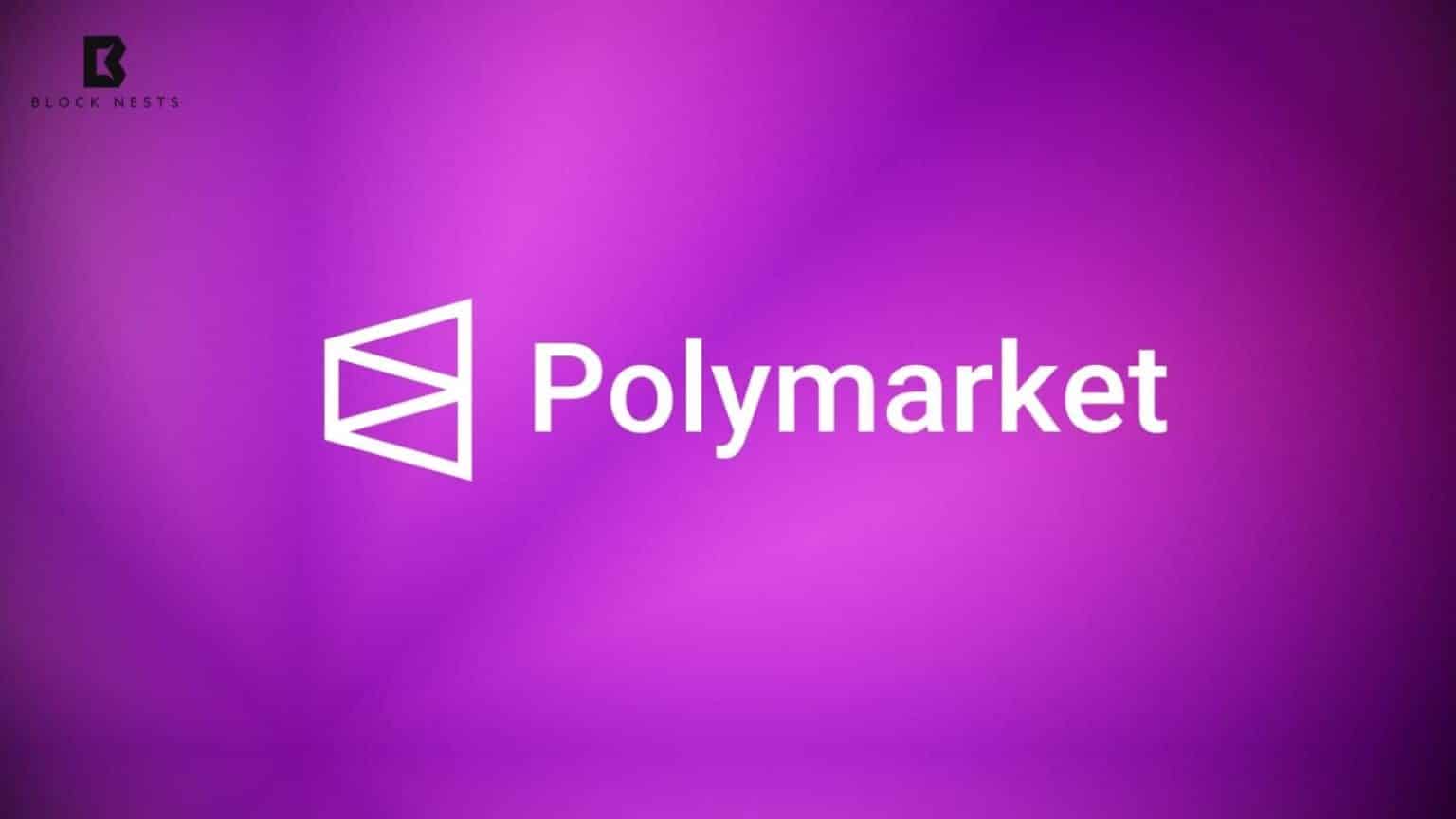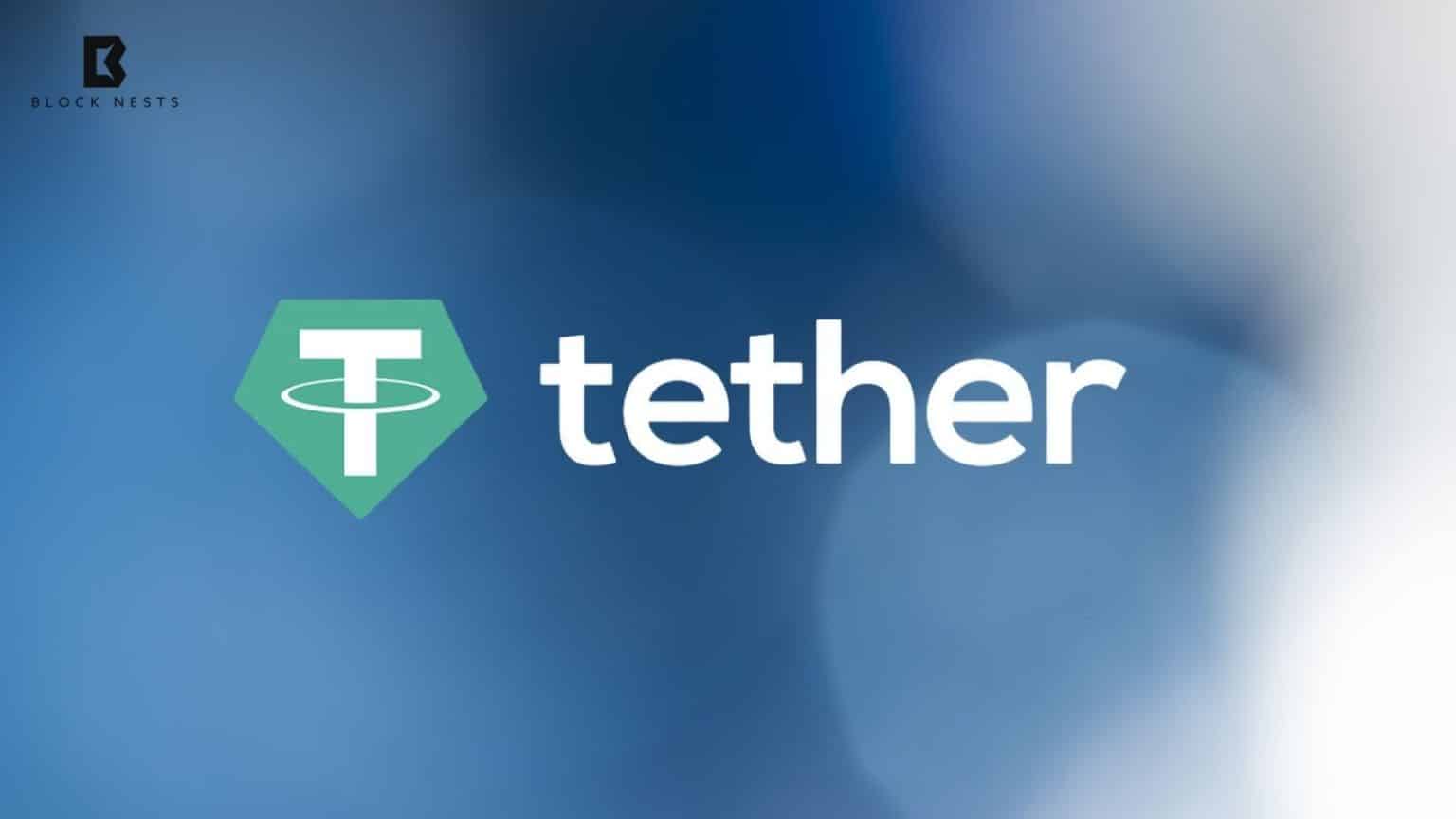- Google Play requires custodial crypto wallet providers to obtain licenses as of October 29.
- US and EU crypto wallet providers must register as money transmitters or CASPs, with AML/KYC requirements.
- Non-custodial wallets are not impacted by the new policy on crypto wallet regulations on Google Play.
Google Play has changed its policy regarding crypto wallet companies. The new rules impact more than 15 jurisdictions that include the US and the EU. Custodial wallet providers are now required to obtain licenses and adhere to industry standards. The alterations will not impact non-custodial wallets. This policy will become effective on October 29.
In the US, developers are required to become money services businesses or money transmitters. The Financial Crimes Enforcement Network (FinCEN) requires businesses to adopt Anti-Money Laundering (AML) programs. However, this requirement will likely increase the implementation of Know Your Customer (KYC) checks within the industry. In the European Union, providers should transition to crypto-asset service providers (CASP).
The move has backlashed the crypto community. The developers have raised questions on the new requirements. In response, Google has stated that the regulations do not apply to non-custodial wallets. However, the new policy will cover only custodial services such as exchanges and software wallets. This clarification has been incorporated into the Help Center by Google.
Thanks for flagging this. Non-custodial wallets are not in scope of Google Play’s Cryptocurrency Exchanges and Software Wallets Policy. We are updating the Help Center to make this clear.
— News from Google (@NewsFromGoogle) August 13, 2025
Google Play Adopts FATF Guidelines for VASPs
However, the policy of the Google Play Store falls in line with the guidance by the Financial Action Task Force (FATF) for a Risk-Based Approach to Virtual Assets and Virtual Asset Service Providers (VASPs) in 2021. Although a private institution is allowed to determine its risk appetite, the policy implements recommendations provided by FATF.
Since FATF is the authority concerned with money laundering and conducting research in this field, its guidelines are constantly updated to meet new threats and technologies. However, the recommendations from FATF are binding for member states, and violations can result in sanctions or greylisting. Such measures act like a regime of global trade sanctions on the international connections of a nation.
Their recommendations issued by FATF are not legally binding, but they offer suggestions about enhancing risk management. In 2021, the FATF broadened its definition of VASPs that resembles the EU CASP. This comes alongside non-custodial front-end offerings in the changing scene of virtual asset regulation.
Also Read: HashFlare founders spared prison time in $577M Ponzi scheme
Google’s Shifting Crypto Policies
Google has had a shaky relationship with the crypto industry. It prohibited crypto mining applications in 2018. In 2020, it prohibited the Bitcoin Blast game and the cryptocurrency news applications CoinDesk and Cointelegraph. Such actions resulted in frustration by crypto users. People believed that Google was restricting access to important cryptocurrency information.
In 2021, Google took out eight scammy cryptocurrency apps. These applications deceived users into spending money on bogus cloud services. Google has made indications of accepting crypto-related content despite this. Non-fungible token (NFT) games were permitted on it in 2023. Developers need to unveil the NFT characteristics and block gambling aspects such as loot boxes.
1) A new blockchain-based content policy that states that devs must complete a declaration for apps that enable users to transact blockchain-based digital content. Additional requirements apply for NFT gamification. pic.twitter.com/kGhMPaWCi0
— Mishaal Rahman (@MishaalRahman) July 12, 2023
Google Play identifies four categories of apps worth mentioning: cryptocurrency exchanges, software wallets, crypto wallets, and apps that distribute tokenized assets. The new licensing regulations will enhance security and compliance of crypto applications on the platform.
Also Read: OKX Launches Major X Layer Upgrade, Burns 65M OKB, and Retires OKTChain
How would you rate your experience?






